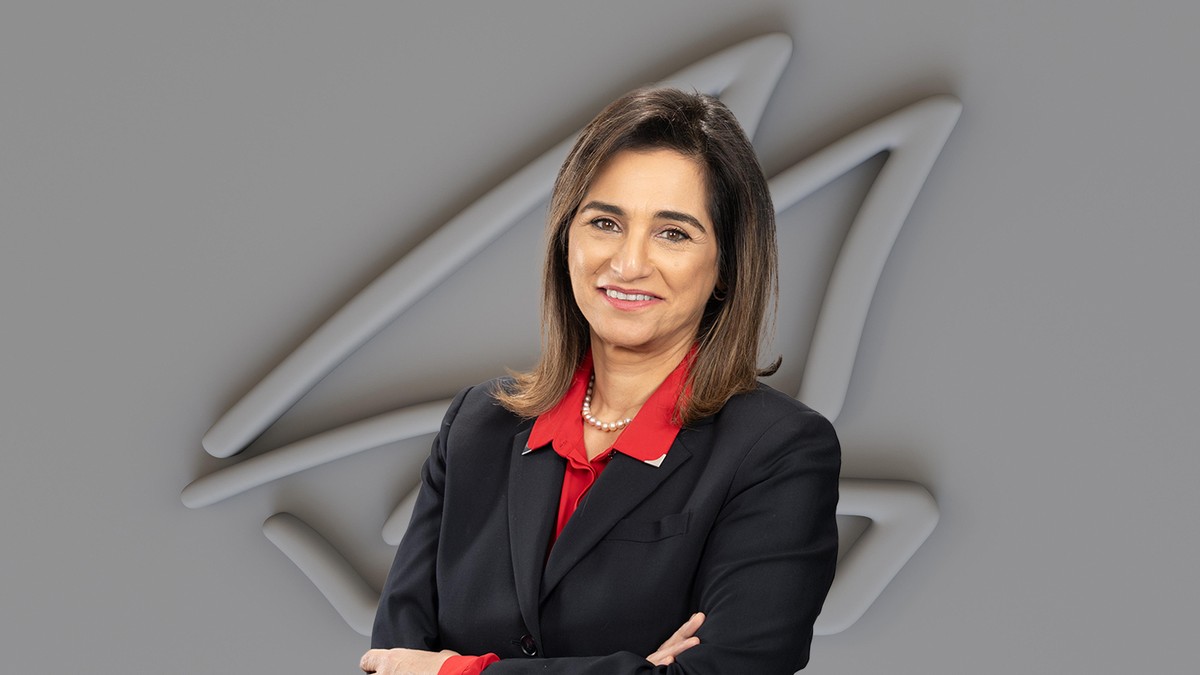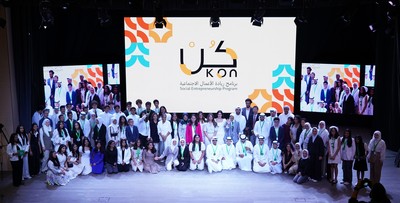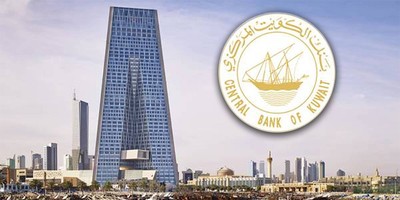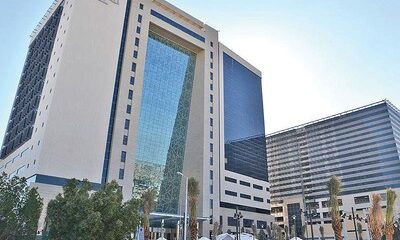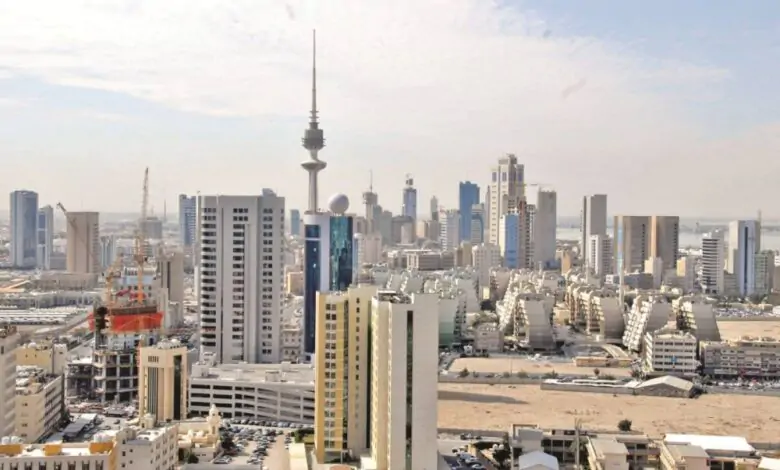KUWAIT CITY, Apr 17: As part of its ongoing efforts to create an ideal work environment that reflects its deep commitment to employee wellbeing and work-life balance, Gulf Bank has announced a reduction in daily working hours by half an hour. This change will take effect starting May 1, 2025, and stands as a testament to the Bank’s continued dedication to fostering a supportive and balanced workplace.
On this occasion, Mrs. Salma Al-Hajjaj, General Manager of Human Resources at Gulf Bank, stated:“We firmly believe that achieving a healthy balance between professional and personal life is a key factor in enhancing employee performance and productivity. This initiative reflects the Bank’s genuine care for the physical and mental wellbeing of its employees.”
Mrs. Al-Hajjaj emphasized that this change will not affect branch operating hours, which will continue as per the existing schedule, ensuring uninterrupted services and a consistently high standard of customer experience.
She added:“Recent studies have shown that shorter working hours contribute to higher job satisfaction and help reduce stress and fatigue—an outcome that Gulf Bank actively strives for, as our employees are the backbone of our success and a core part of our reputation as a leading bank in the Kuwaiti banking sector.”
She further noted that this step reinforces the Bank’s commitment to building a supportive work culture, where every employee feels valued and respected and is given the space to grow both professionally and personally.
“We believe that when employees feel fulfilled and supported, they’re empowered to be more innovative, engaged, and productive. That’s why we remain committed to introducing initiatives that enrich our workplace culture and inspire our teams to reach their full potential,” she explained.
Mrs. Al-Hajjaj concluded:“At Gulf Bank, we take great pride in being a leader in human capital investment—whether through cultivating a positive work environment or through the continuous development of our employees. By partnering with top local and international institutions, we ensure our teams receive world-class training and access to the latest industry knowledge, equipping them to thrive amid the dynamic changes shaping the banking sector both locally and globally.”
Gulf Bank aims to be Kuwait’s leading bank, fostering a diverse and inclusive workplace to deliver exceptional customer service while contributing sustainably to the community. Through its extensive branch network and innovative digital services, the Bank empowers customers to conduct banking transactions conveniently and efficiently, ensuring a seamless experience.
In alignment with Kuwait Vision 2035, “New Kuwait,” and its commitment to fostering collaborative partnerships, Gulf Bank is dedicated to driving robust sustainability initiatives across environmental, social, and governance (ESG) dimensions. The Bank is committed to implementing strategically selected and diverse sustainability programs both internally and ex-ternally.

 Business15 hours ago
Business15 hours ago
 Business23 hours ago
Business23 hours ago
 Latest News15 hours ago
Latest News15 hours ago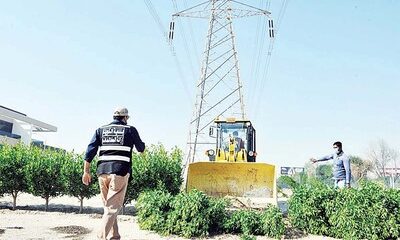
 Politics23 hours ago
Politics23 hours ago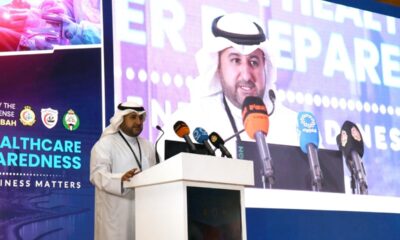
 Latest News12 hours ago
Latest News12 hours ago
 Business17 hours ago
Business17 hours ago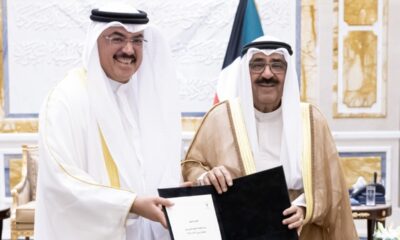
 Latest News13 hours ago
Latest News13 hours ago

